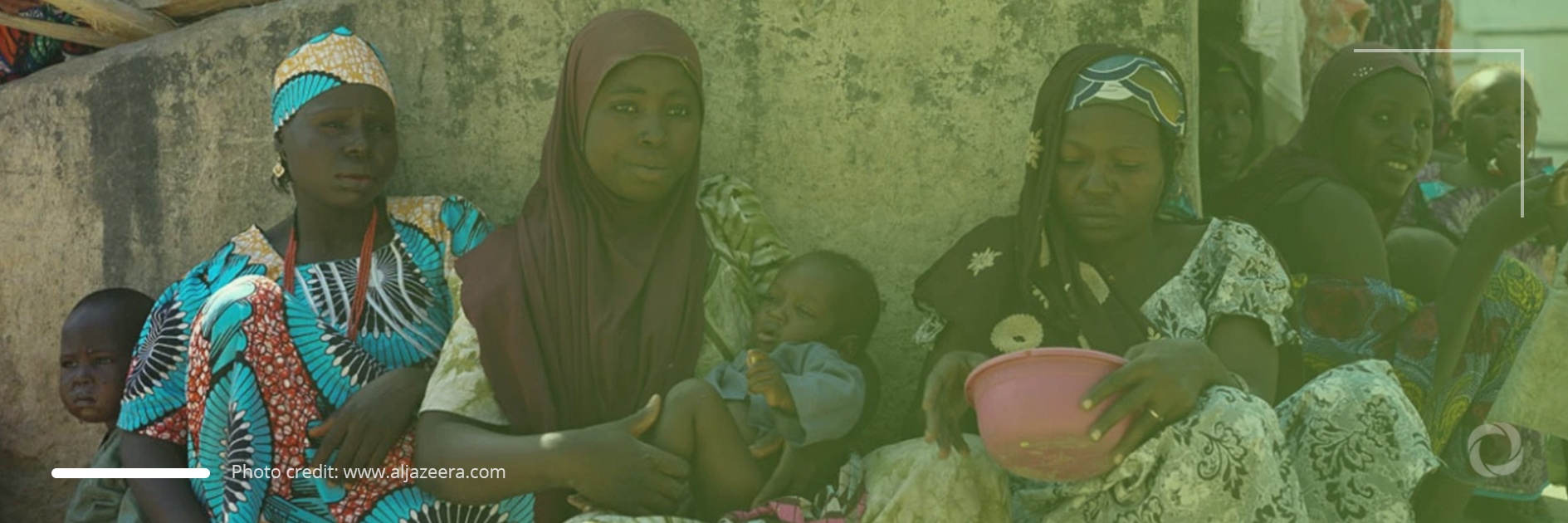Humanitarian aid organizations have warned that a wave of violence has affected thousands of people in Africa’s Nigeria causing hunger, displacement, and the spread of infectious diseases. The north-east region of the country is particularly impacted.
Nigeria has been plunged into violence perpetrated by groups of both separatists and cattle thieves which makes vulnerable communities even more affected by the ongoing humanitarian crisis. Following an attack by cattle thieves, 88 people died in north-east Nigeria’s Kebbi at the beginning of June. The north-west and central part of the county has become the scene of gang activity with residents of rural areas being terrorized, harassed, and kidnapped, schools attacked and villages looted. The gangs are motivated by financial gain.
Doctors Without Borders (MSF) has described the deteriorating living conditions in the northern Zamfara state where people are affected by lack of food, drinking water, shelter, and basic services such as healthcare.
“Our teams in Zamfara state have witnessed an alarming rise in preventable illnesses associated with a lack of food, drinking water, shelter, and vaccinations. Children keep on arriving here in very bad condition. In the first four months of 2021, our teams in Anka, Zurmi, and Shinkafi treated 10,300 children for severe acute malnutrition, measles, malaria, watery diarrhoea, and respiratory infections. This is 54% more than in the same period last year,” said Godwin Emudano from the MSF hospital in the town of Anka.
The UN’s migration agency, IOM, estimates that almost 700,000 people were internally displaced due to the violence in the north-west and north-central part of the country in February, including more than 124,000 in Zamfara alone. Displaced people in Zamfara are suffering due to hunger as, when leaving their homes, they also left behind the cattle and farms which had previously provided for them. Some have also admitted that they were afraid to travel to hospitals when they or their children suffered health problems as the roads were potentially very dangerous.
“There’s hardly any food to give to my children. We can no longer grow crops because criminals attack our farms. Two of my children got measles and they were growing very thin. The roads are very dangerous, but I had to risk our lives and bring them to hospital. Last time, when their elder sister got measles, I decided too late to travel by road and bring her to hospital. She had complications and now she is blind,” said Halima, a Zamfara inhabitant whose children were being treated due to acute malnutrition.
The UN estimates that as of February 2021 about 8.7 million people in north-east Nigeria needed humanitarian assistance while the total population of the country is 206 million. About 2.9 million have been internally displaced and it is predicted that as many as 12.8 million will suffer from food insecurity during the lean season in 2021.

